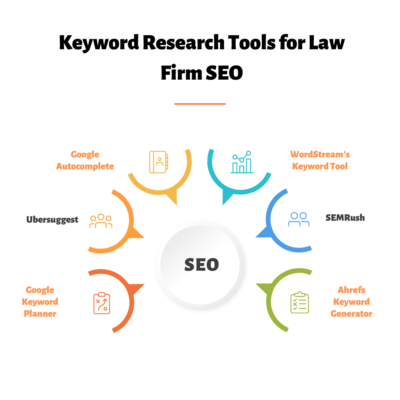SEO tips to help you improve your website’s search engine rankings
Sure! Here’s a comprehensive guide on SEO tips to help you improve your website’s search engine rankings and drive organic traffic:
- Keyword Research: Conduct thorough keyword research to identify relevant and high-traffic keywords related to your business. Use tools like Google Keyword Planner, SEMrush, or Ahrefs to discover valuable keywords to target.
- High-Quality Content: Create valuable, engaging, and original content that answers users’ queries and provides solutions to their problems. High-quality content is crucial for both user satisfaction and search engine rankings.
- Optimize On-Page Elements: Pay attention to on-page SEO elements like title tags, meta descriptions, heading tags (H1, H2, H3), and URL structure. Include your target keyword in these elements to signal to search engines what your page is about.
- Mobile-Friendly Design: Ensure your website is mobile-friendly and responsive. With the majority of searches happening on mobile devices, Google prioritizes mobile-friendly websites in its rankings.
- Site Speed Optimization: Optimize your website’s loading speed by compressing images, using caching, and employing a content delivery network (CDN). Faster websites provide a better user experience and are favored by search engines.
- Backlink Building: Earn high-quality backlinks from authoritative websites in your niche. Backlinks act as votes of confidence for your content and can significantly boost your search engine rankings.
- Social Media Engagement: Engage with your audience on social media platforms and share your content. Social signals can indirectly influence search engine rankings and drive traffic to your website.
- Optimize for Featured Snippets: Structure your content to appear in featured snippets. These are short answers displayed above the regular search results, giving your content more visibility.
- Regular Content Updates: Keep your content fresh and up-to-date. Regularly update and repurpose your existing content to maintain its relevance and improve search rankings.
- User Experience (UX): Focus on providing a seamless and intuitive user experience on your website. Search engines value websites that keep users engaged and satisfied.
- Use Descriptive URLs: Craft descriptive and keyword-rich URLs that clearly indicate the content of the page.
- Optimize Images: Use descriptive alt tags for images to help search engines understand their content.
- Local SEO: If you have a local business, optimize for local SEO by claiming and optimizing your Google My Business listing and ensuring consistent NAP (Name, Address, Phone) information across the web.
- Monitor Performance: Use tools like Google Analytics and Google Search Console to monitor your website’s performance, identify areas for improvement, and track your progress over time.
- Avoid Black Hat SEO: Avoid unethical SEO practices like keyword stuffing, cloaking, or buying links. Search engines penalize websites engaged in such activities, and it can harm your rankings in the long run.
Remember that SEO is an ongoing process, and it may take time to see significant results. Stay updated with the latest SEO trends and algorithms to adapt your strategies accordingly. Be patient and persistent in your efforts, and you’ll see your website’s visibility and organic traffic improve over time.

